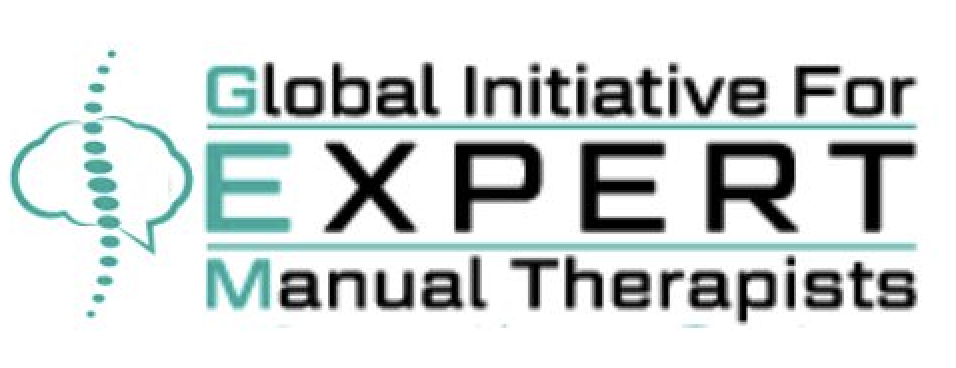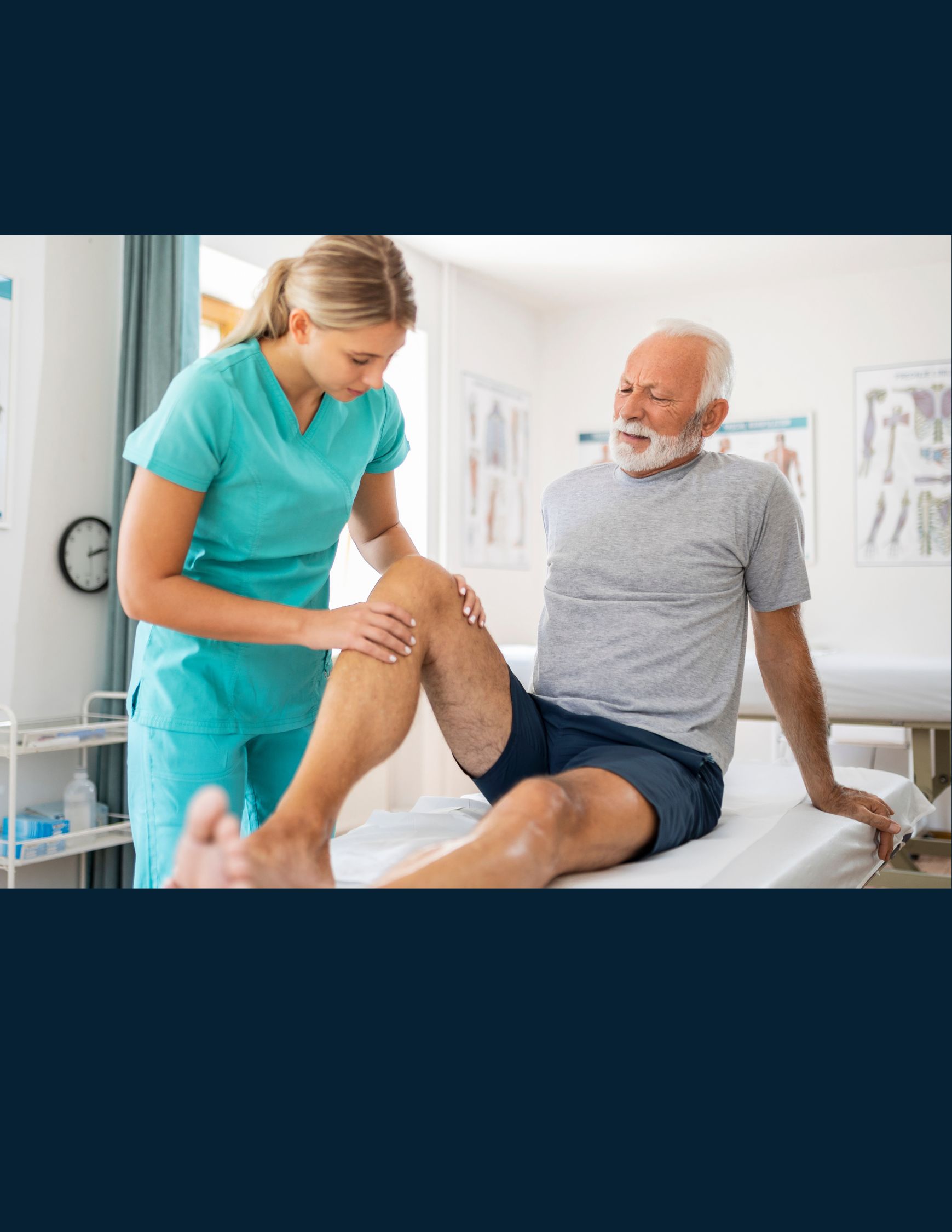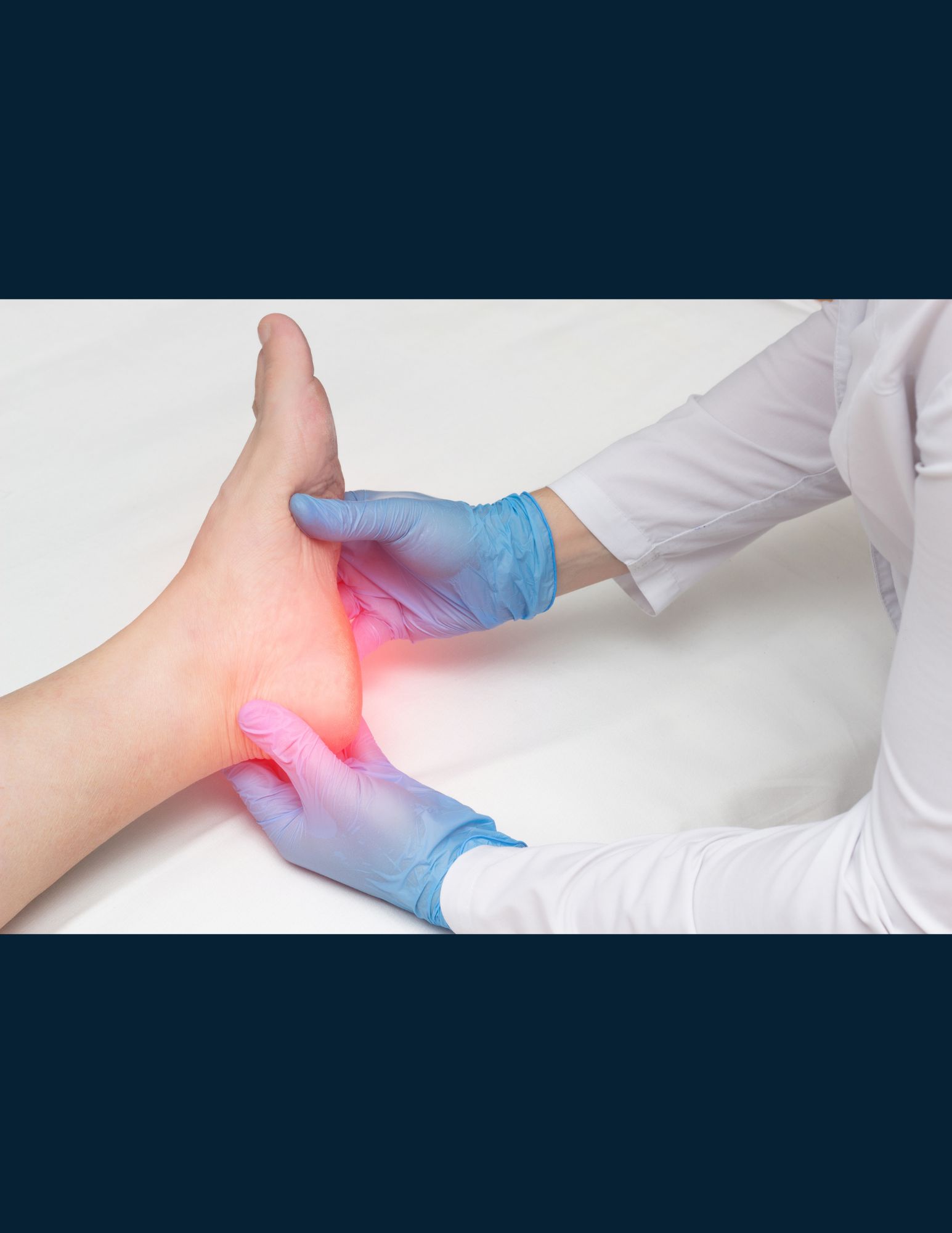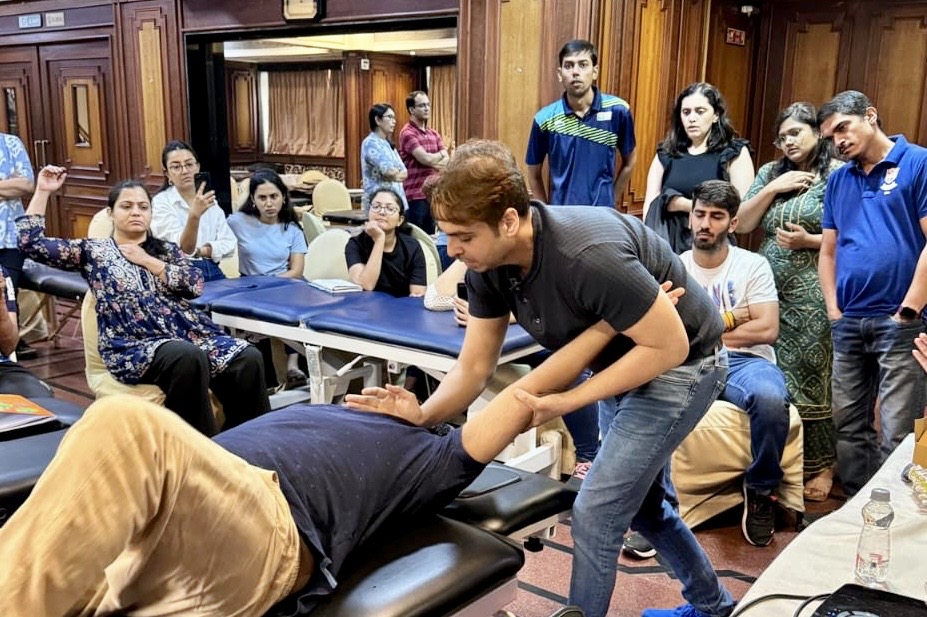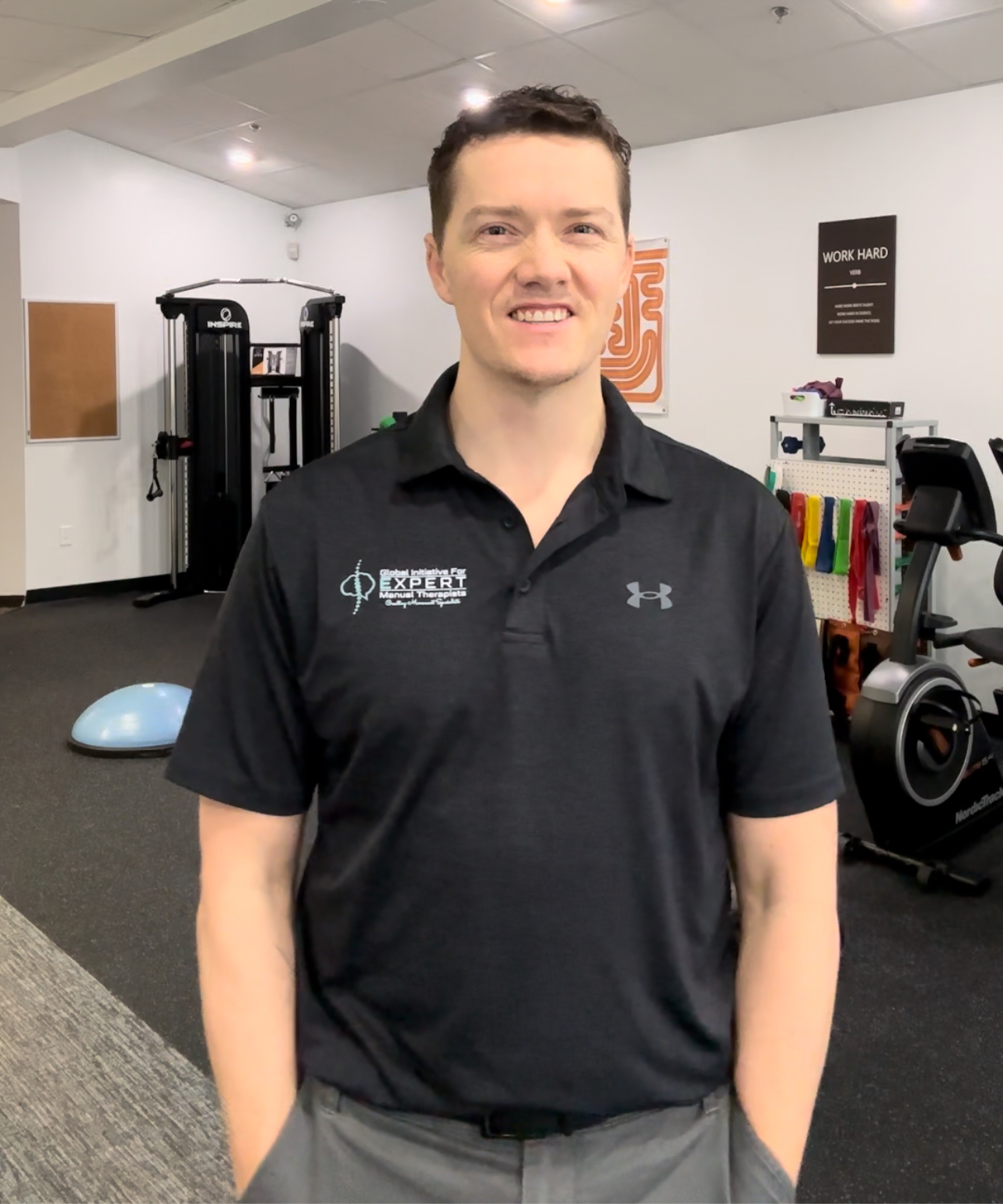Dr. Tejinder (TJ) Singh PT, DPT, MS, OCS, SCS, FAAOMPT
Co-founder of GEM
Owner of Expert Manual Therapy (Austin, TX) www.expertmanualtherapy.com
Dr. Singh is an educator, researcher, clinician, and international expert in Manual Therapy. An Einstein Visa recipient, he co-founded the Global Initiative of Expert Manual Physical Therapists (GEM), which trains students worldwide in evidence-based treatments.
Dr. Singh holds a Bachelor of Science in physiotherapy from the University of Delhi, a Master of Science in motor neuroscience from Texas A&M University, and a Doctor of Physical Therapy from Arizona School of Health Sciences. He is a double Board-Certified Specialist in Orthopedic and Sports Physical Therapy and a Fellow of the American Academy of Orthopedic Manual Physical Therapists. He also completed a diploma from Harvard Business School.
Dr. Singh, a lifetime member of the Indian Association of Physiotherapy and the American Physical Therapy Association, has taught over 100 courses, presented at international conferences, and contributed extensively to physiotherapy journals, focusing on manual therapy in complex patient issues. He has taught students from over 50 different countries and continues to enjoy educating students across the globe.

